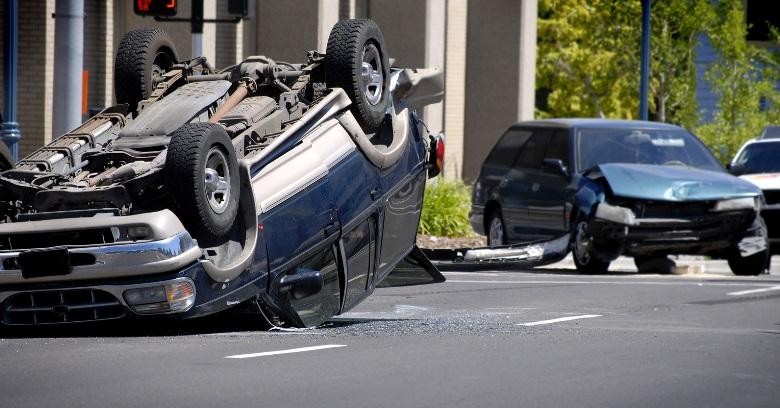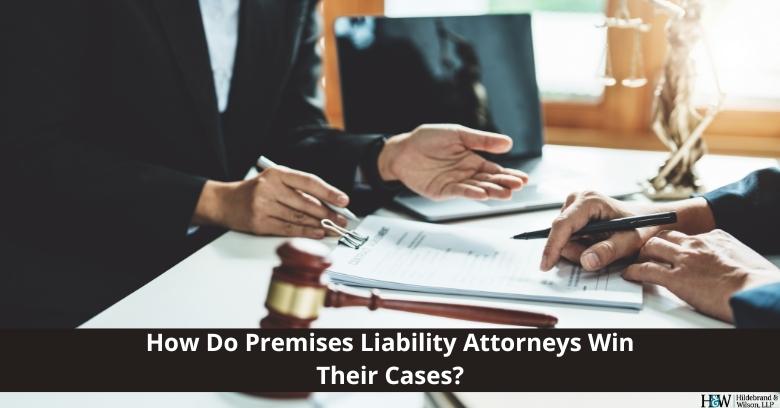
Although personal injury lawsuits are civil cases against a person or entity that caused your injuries, there are times when criminal charges levied on the defendant could come into play.
Traffic citations, DWI tickets, and other applicable criminal charges resulting from your accident may be presented in court by your attorney to establish fault and the extent of injuries that were incurred.
With this in mind, Texas personal injury claims lawyers typically research any criminal charges made against the defendant to use in building a strong case for injured parties in personal injury cases.
Considering the fact that only 5% of personal injury cases make it to trial and 90% of those may not receive the desired verdict,1 exploring every option for building a solid case against defendants who also received criminal charges from the accident in question is critical.
Criminal Charges May Be Made After An Accident
A personal injury lawyer must determine the cause of an accident before fault can be assigned, causes that could range from unpreventable circumstances to negligent acts of the defendant that created unsafe conditions.
When a cause is determined, the defendant may be criminally charged with traffic violations, safety violations, and other related charges if his or her actions that led to the accident were against the law.
Even though the charges are criminal in nature, they may be entered into evidence in the civil court where personal injury cases are heard because negligence and fault are often directly related to the injuries suffered by the accident victim.
Impact of Criminal Charges On Personal Injury Cases
Criminal charges against a defendant in a Texas personal injury case can affect the case in three ways:
-
Defendant Pleads or Is Found Guilty - A guilty verdict can support a personal injury claim as it helps relate the negligent actions of the defendant to the resulting accident where the plaintiff received his or her injuries.
-
Defendant Is Found Not Guilty or Charges Are Dropped - A verdict of not guilty to criminal charges means that the civil lawsuit for an accident victim's personal injury case will continue as usual which requires personal injury attorneys to enter into evidence facts that show the defendant is guilty and thus responsible for injuries that were incurred.
- Defendant Pleads No Contest - In a plea of no contest, defendants admit that the charges presented by the state are correct but do not admit guilt. A no contest plea cannot be used against him or her in a subsequent civil action, so other evidence will have to be presented by the plaintiff to establish the defendant's responsibility for the accident and resulting injuries.
Criminal Charges In A Personal Injury Case
Personal injury cases are civil actions that accuse a person or entity of some type of negligent action that caused the accident which resulted in the plaintiff's injuries.
In Texas, personal injury law firms can use criminal charges levied against a defendant to help support a claim by the plaintiff regarding his or her injuries resulting from the accident in question.
This then allows the court to consider whether negligent actions by the defendant led to the accident in question and the injuries sustained by the plaintiff.
To receive a favorable outcome in a case like this, always enlist the aid of an experienced personal injury claims lawyer who will work to build a case establishing that the negligent actions of the defendant caused the accident that led to your injuries.
Hildebrand & Wilson, Attorneys at Law
7930 Broadway, Suite 122
Pearland TX 77581
1The Law Dictionary and Bureau of Justice Statistics Special Report, 2008





